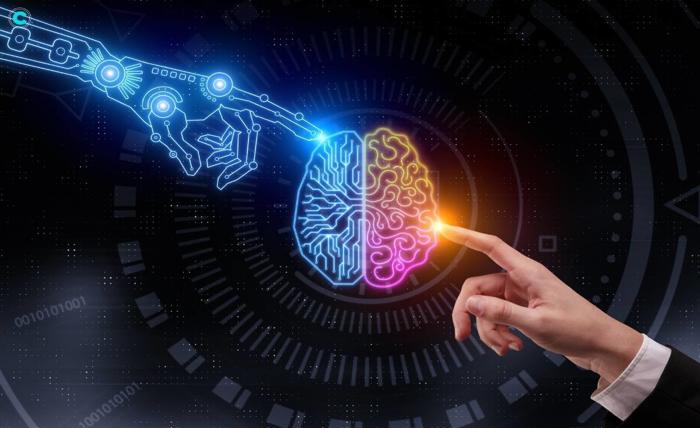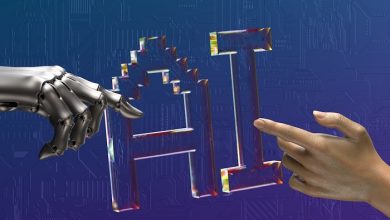
Artificial Intelligence (AI) has become one of the most influential forces in modern technology. From smartphones to self-driving cars, AI is everywhere. It allows machines to think, analyze, and make decisions like humans. In 2025, AI is not just a buzzword but a foundation for the future of innovation. Businesses, healthcare, education, and even entertainment are adopting AI solutions to become more efficient and effective.
AI in Everyday Life
Today, most people are using AI without even realizing it. Virtual assistants like Siri, Alexa, and Google Assistant are powered by AI. Recommendation systems on Netflix, YouTube, and Spotify also rely on AI algorithms to understand user behavior and suggest content. In banking, AI detects fraud, while in e-commerce it personalizes shopping experiences. This invisible integration of AI makes our daily lives smoother and smarter.
AI and the Business World
For companies, AI has become a competitive advantage. Businesses use AI to analyze data, predict customer needs, and improve decision-making. Chatbots powered by AI reduce the workload of customer service teams by answering questions instantly. In marketing, AI helps brands target the right audience at the right time. With automation, organizations save both time and money while increasing productivity.
Healthcare Transformation with AI
One of the biggest impacts of AI is in healthcare. AI systems can read medical images, predict diseases, and suggest treatments faster than human doctors. During the COVID-19 pandemic, AI tools helped track cases and supported vaccine development. In 2025, AI continues to assist doctors by analyzing patient data and offering accurate diagnoses. This reduces human error and saves lives.
AI in Education
Education has also experienced a revolution because of AI. Online learning platforms use AI to create personalized courses for students. Teachers can track student progress more effectively and provide extra support where needed. Language learning apps, powered by AI, allow learners to practice with realistic conversations. This makes education more accessible and interactive.
Challenges of Artificial Intelligence
Despite its advantages, AI also comes with challenges. One major concern is job replacement. As machines become smarter, many fear that human workers will lose their roles to automation. Another issue is privacy. AI collects large amounts of data, which raises questions about security and misuse. Moreover, ethical concerns like biased decision-making in AI systems need careful attention.
The Future of Artificial Intelligence
Looking ahead, AI will continue to grow and shape every industry. Self-driving cars are expected to become mainstream, while AI-powered robots will take on tasks from household chores to industrial work. In the financial world, AI will make transactions more secure and efficient. The future promises a world where AI collaborates with humans to solve global problems such as climate change, poverty, and medical challenges.
Conclusion
Artificial Intelligence is not just technology; it is a revolution that is changing the way we live, work, and learn. From business and healthcare to education and daily life, AI’s influence is undeniable. While there are challenges that need solutions, the future of AI looks bright. As technology continues to evolve, AI will remain at the center of innovation, shaping the future of humanity.



